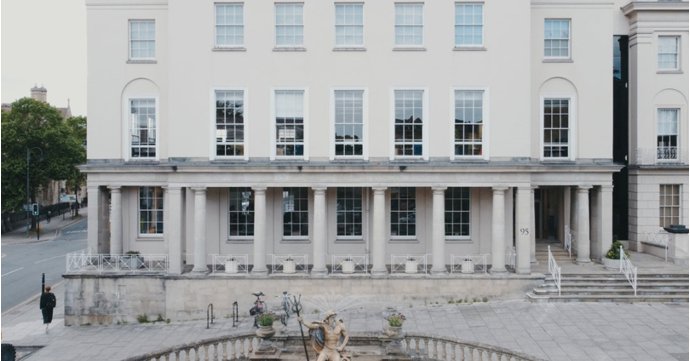Gloucestershire-based Hazlewoods, a Top 35 independent accountancy, tax and business advisory firm, has spoken to SoGlos to highlight its key takeaways from the Labour government's Spring Statement this March 2025.
According to Hazlewoods, while it was anticipated the statement wouldn't be making any radical changes to the Autumn Budget's tax measures, the chancellor was under pressure to meet the fiscal rules she set out despite the rising cost of borrowing.
She confirmed cuts to welfare, as well as a focus on investment for growth, increased defence spending and measures to make the day-to-day running of government more cost efficient.
Growth predictions
While the OBR has halved its growth forecast for the current year to one per cent, subsequent years are predicted to grow by 1.9 per cent in 2026, 1.8 per cent in 2027, 1.7 per cent in 2028 and 1.8 per cent in 2029, with public debt reaching a surplus of £9.9 billion by 2029-30.
The latest forecasts also predict an increase in GDP by 0.2 per cent by the end of the forecast period — with the chancellor claiming people will be around £500 better off per year under the current government.
Taxes
With the chancellor saying 'we cannot tax and spend our way to prosperity', there are no plans for new tax rises, but new measures to tackle tax avoidance and evasion were announced, including a plan to recruit 500 new compliance officers alongside other measures, resulting in an estimated £1 billion of additional revenue.
There seem to be no plans to U-turn on the controversial inheritance tax measures announced in the Autumn Budget; and the increase to employers' National Insurance Contributions and increases to the National Living Wage will go ahead as planned from April 2025.
Despite reports of non-doms leaving the UK ahead of plans to abolish non-domicile status, no changes to this were announced either — though there was a caveat the government would continue to review the regime to ensure it remains competitive internationally.
While 11,500 claimants were eligible to apply for the R&D advance assurance in 2023-24, there were only 80 applicants, so the government has released a consultation to consider the future of advance assurance to tackle error and fraud.
Employees subject to the high-income child benefit charge will now be able to pay this directly through PAYE from summer 2025, rather than having to register for self-assessment.
And after several delays, the government plans to introduce 'making tax digital' for income tax from April 2026, initially applying to sole traders and landlords with qualifying income of over £50,000; moving to those with income over £30,000 from April 2027; and those with income over £20,000 from April 2028. Final details are yet to be revealed.
Savings and cuts
Labour isn't resorting to the same cost-cutting measures of the previous government, but aims to make savings of £6.1 billion in government administration costs; and reduce welfare costs by £4.8 billion, to make welfare more sustainable.
Defence spending
Citing the uncertainty caused by Russia's invasion of Ukraine, the chancellor committed to spending 2.5 per cent of GDP on defence — an increase of £2.2 billion — funded by reducing overseas aid, with 10 per cent of this investment committed to military reasearch and development, as well as a £2 billion fund encouraging exports of new technology.
ISA reforms
Finally, following rumours in advance of the Spring Statement, the government has confirmed it is looking to reform ISAs. No details have been announced as to what those reforms will be, but it is thought that tax breaks on cash ISAs may be removed.
For more information about Hazlewoods, visit hazlewoods.co.uk.



















.jpg?width=432&height=227&rmode=pad&bgcolor=ffffff&quality=85)
